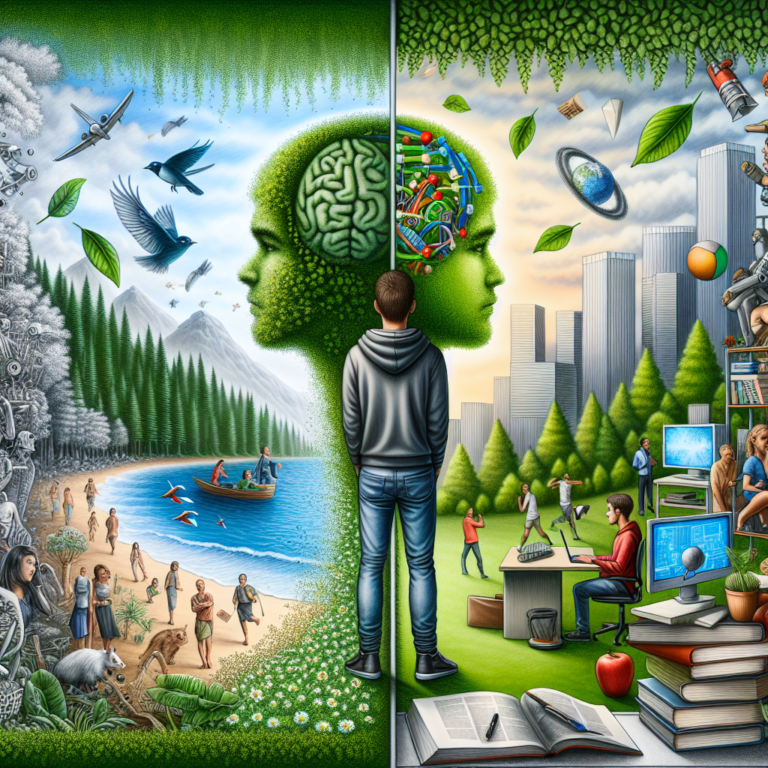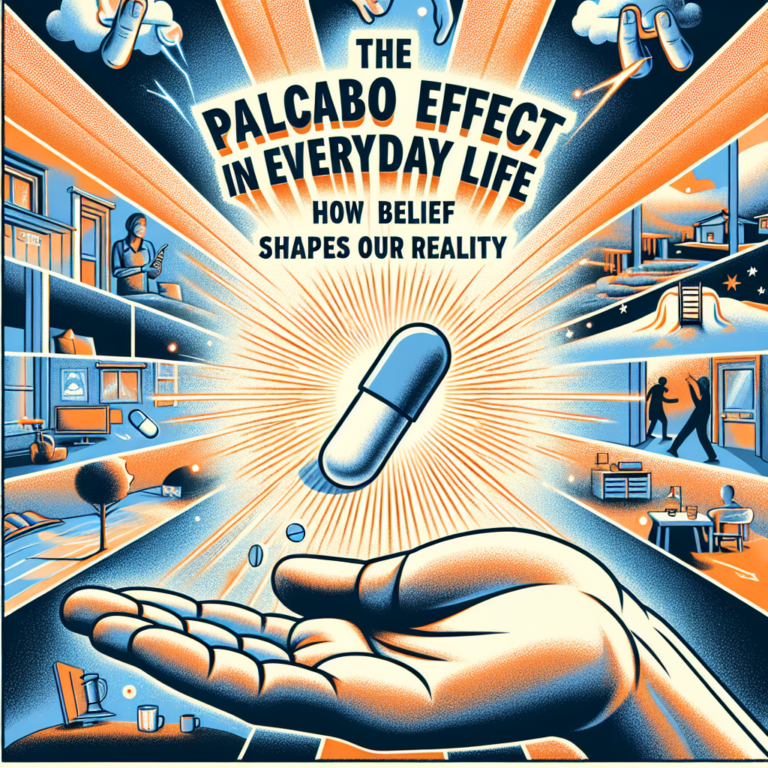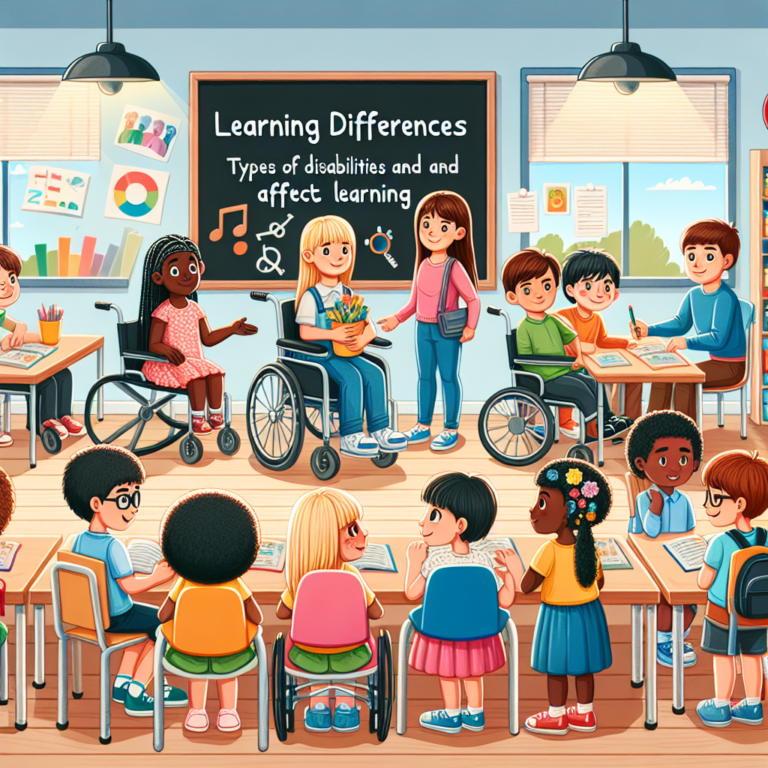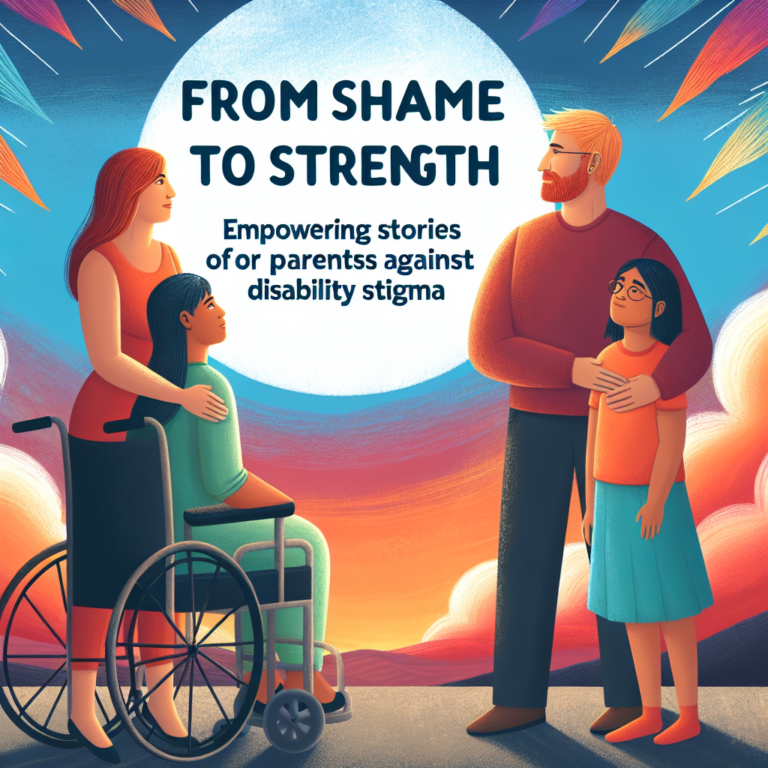
Introduction
In a world seemingly obsessed with accumulation—of wealth, status, and possessions—it’s hard to ignore a peculiar trend: our pursuit of happiness often leads us further away from it. This phenomenon is known as The Happiness Paradox: Why More Isn’t Always Better. While it may seem intuitive that more money, more possessions, or even more achievements would equate to greater happiness, research continuously contradicts this belief, revealing a profound truth: less can indeed be more.
As you navigate this exploration, you’ll uncover insights that challenge societal norms and encourage a shift in perspective about what truly brings joy.
Understanding Happiness: The Core Concepts
Defining Happiness
To grasp The Happiness Paradox: Why More Isn’t Always Better, we must first define happiness. While it often refers to a fleeting emotion or a state of mind, researchers consider it a multifaceted construct that encompasses life satisfaction, emotional well-being, and a sense of purpose.
Instant Gratification vs. Lasting Fulfillment
A key component in understanding happiness is distinguishing between instant gratification and lasting fulfillment. While indulging in material desires can provide a temporary high, it typically fades rapidly. Conversely, meaningful experiences—like deep relationships or personal growth—often yield longer-lasting satisfaction.
Why More Isn’t Always Better
Case Study: The Hedonic Treadmill
The concept of the hedonic treadmill exemplifies why the pursuit of more does not always lead to increased happiness. This psychological phenomenon suggests that people quickly return to a baseline level of happiness despite positive changes in lifestyle:
- Example: A person buys an expensive car. Initially, they’re elated, but in a few months, that joy diminishes, leading them back to their previous happiness level.
Analysis: This cycle perpetuates the chase for more, leaving individuals stuck in a loop of temporary satisfaction without meaningful personal growth.
Material Wealth and Happiness
The Financial Frontier
Case Study: The Easterlin Paradox
Professor Richard Easterlin proposed the Easterlin Paradox, which suggests that despite rising income levels in industrialized countries, happiness levels have remained relatively stagnant:
- Data Insight: A study found that happiness did not significantly increase for the wealthiest compared to those who earn less, highlighting the diminishing returns on happiness related to wealth.
Analysis: This reinforces the idea that once basic needs are met, further wealth accumulation does not proportionally enhance our happiness.
The Cost of Consumerism
The Dangers of Materialism
Consumer culture promotes the belief that happiness is closely tied to material success. However, studies indicate that high levels of materialistic values correlate with lower life satisfaction and well-being.
- Research Finding: A survey of millennials revealed that those who prioritized experiences over possessions reported greater happiness and fulfillment.
Analysis: This suggests that investing in experiences—travel, education, or relationships—yields greater satisfaction than accumulating material goods.
Relationships: The True Currency of Happiness
The Power of Connection
Human beings are inherently social creatures, and our relationships play a pivotal role in determining our happiness levels.
Case Study: Harvard Study of Adult Development
The Harvard Study of Adult Development, one of the longest-running studies on happiness, found that good relationships are the strongest predictors of a happy life:
- Findings: Participants who reported having strong social connections were healthier and happier than their more isolated counterparts.
Analysis: This underscores the importance of nurturing relationships over the pursuit of material success, illustrating that emotional bonds are a cornerstone of true happiness.
The Role of Mindset and Perspective
Shifting the Focus
Adopting a growth mindset is essential to navigating The Happiness Paradox: Why More Isn’t Always Better. Embracing challenges, learning from failures, and valuing the journey over the destination can shift our approach to happiness.
Case Study: Carol Dweck’s Research on Growth Mindset
Psychologist Carol Dweck’s research shows that individuals with a growth mindset—who believe abilities can be developed—achieve greater success and satisfaction:
- Application: By focusing on growth and learning rather than merely achieving, individuals often report higher levels of contentment.
Analysis: This perspective fosters resilience, encouraging individuals to find joy in the process rather than fixating solely on outcomes.
The Impact of Mindfulness and Gratitude
Cultivating Awareness
Practices like mindfulness and gratitude have been linked to improved happiness levels. They encourage a focus on the present, enabling individuals to appreciate what they already have.
Case Study: The 10-Week Mindfulness Program
Research conducted on participants undergoing an 8-week mindfulness program showed significant improvements in well-being and reductions in stress:
- Results: Participants reported increased feelings of joy and satisfaction in daily life.
Analysis: This evidence highlights how cultivating mindful awareness can effectively counteract our natural tendency to chase after more, fostering deeper appreciation of life’s simple pleasures.
The Gratitude Effect
Dr. Robert Emmons’ studies indicate that regularly practicing gratitude can dramatically enhance overall happiness and well-being.
- Example: Participants instructed to keep a weekly gratitude journal reported feeling more optimistic and satisfied with their lives compared to those who didn’t.
Analysis: This illustrates how acknowledging what we already possess can shift our mindset away from a scarcity mentality toward one of abundance.
Seeking Balance: The Middle Ground
The Importance of Moderation
In the context of The Happiness Paradox: Why More Isn’t Always Better, finding balance is crucial. Pursuing wealth and success in moderation—while prioritizing relationships, personal growth, and experiences—can lead to a more satisfying life.
Case Study: The 80/20 Rule
The Pareto Principle or 80/20 rule suggests that 80% of our happiness often comes from 20% of our activities. Identifying and focusing on these high-value areas can optimize our pursuit of happiness without unnecessary clutter.
- Implementation: Consciously choosing to spend time on meaningful relationships or fulfilling experiences can significantly increase overall happiness.
Analysis: This balanced approach reflects a deeper understanding of what truly matters, enhancing life satisfaction while minimizing the relentless chase for more.
Conclusion
The Happiness Paradox: Why More Isn’t Always Better invites us into a deeper reflection of our lives and values. While society may tempt us with the allure of more—whether it’s wealth, status, or possessions—the real journey to happiness lies in embracing less.
By prioritizing relationships, mindfulness, and gratitude, we can tap into a reservoir of joy that transcends material limitations. Ultimately, the path to true satisfaction is not about accumulating but about appreciating, connecting, and growing.
Actionable Takeaway
Take a moment today to reflect. What aspects of your life truly bring you happiness? Focus on nurturing those, practicing gratitude, and embracing each moment fully.
FAQs
1. What is the Happiness Paradox?
The Happiness Paradox refers to the phenomenon where people often believe that accumulating more wealth, possessions, or achievements will lead to greater happiness, yet research shows this is not typically the case.
2. How can I improve my happiness without accumulating more?
You can focus on cultivating relationships, practicing mindfulness, and expressing gratitude. Engaging in meaningful experiences often yields more lasting happiness than material possessions.
3. Does money buy happiness?
Money can buy comfort and security, but research suggests that after reaching a certain income level, additional wealth does not significantly increase happiness.
4. What role do relationships play in happiness?
Strong interpersonal relationships are one of the most significant predictors of happiness. Investing in and nurturing these connections can lead to greater life satisfaction.
5. How can mindfulness enhance happiness?
Mindfulness encourages you to be present and appreciate what you have. Studies show that it can decrease stress and enhance overall well-being, contributing to longer-lasting happiness.













